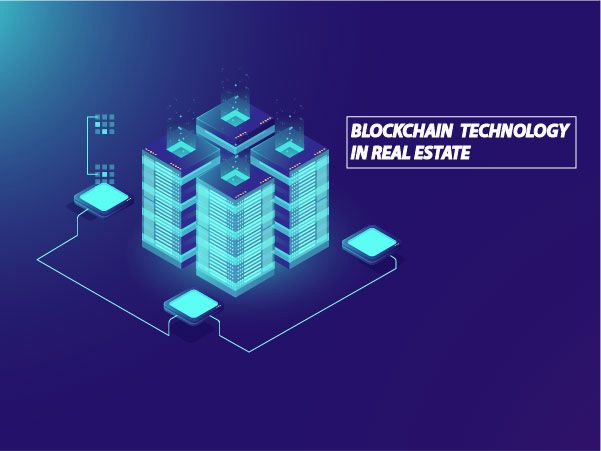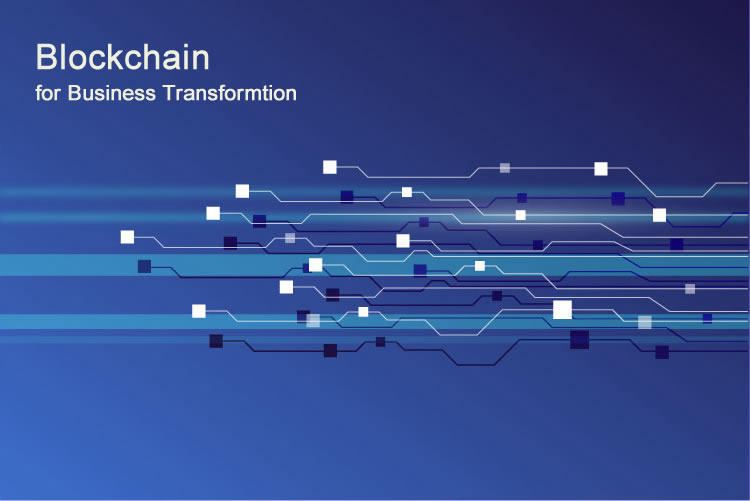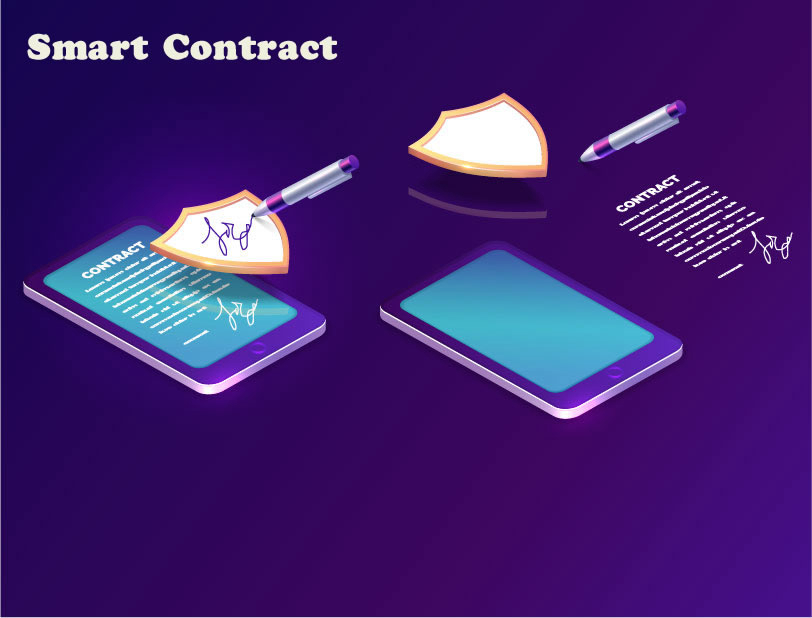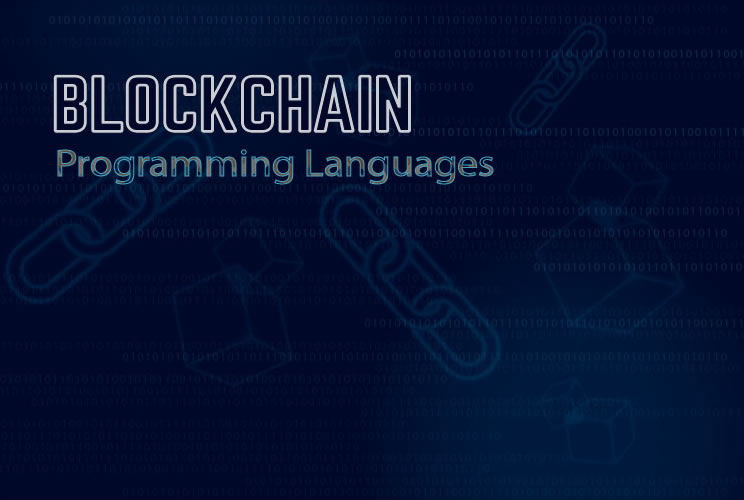In a traditional real estate setting buying and selling involves dealing with intermediaries like settling brokers or agents, banks, local governments and lots of paper works. With all these comes delay in the overall process, high cost of transactions (adding the costs of settling the intermediaries) and vulnerability to frauds and thefts.
A typical commercial real estate transaction involves a buyer or renter, a seller or leaser, and the broker the middle man. Due to the lack of transparency, the broker may asks for a price way higher than the actual value of a property to secure some profit, plus the privilege to selectively choose whom to reveal a property availability. A fraudster could also pose like an agent or broker with doctored documents to deceive a buyer without an easy way to do a background check on them and the provided documents. This is where blockchain steps in.
Blockchain is an open distributed and immutable ledger or record that is managed by different dedicated computers also known as nodes. A blockchain can be private – only accessed by a trusted network of individuals, agency or firm; and public - accessible to anyone without border restrictions.
In Real Estate, blockchain is being used to increase accessibility, transparency and provides efficient means of transaction between a buyer and seller or the leaser and the renter without the draw backs associated with involvement of an intermediary. This process can easily be implemented via smart contracts and asset tokenization.
Smart Contracts – written blockchain protocol containing a set of terms and conditions for a transaction and executes automatically once triggered by an external data. This process facilitates the complicated steps in coordinating; signing and settling property deeds represented as a digital token and reduces cost and time wastage.
Tokenization – This involve creating a digital representation of the illiquid property asset in the form of a digital token in the blockchain. These tokens can also be built to represent a property deed. These tokens can then be easily exchanged for fiat, or crypto currency in an event of exchange of property ownership. Tokenization also provides the opportunity for sharing ownership rights to a property and its value which is known as fractional ownership. The token links to the blockchain information about the property and are made public for any potential bidder to verify and pay with fiat or crypto currencies from any part the world, hence a one-time illiquid market becomes liquid, thanks to blockchain.
Benefits
- Curbs the potential source of fraud that could come from using paper deeds.
- Saves time and money with the absence of intermediaries.
- Fosters transparency with the ease to access veritable information on the chain and details of owners of an asset and prevent fraud via deceptions.




